To download this description of the Center for Universal Education’s Family Engagement in Education network, please click here.
Why has it taken a global pandemic to open up new ways of engaging parents in their children’s education? This is a question that we recently debated in the Center for Universal Education’s (CUE) first Family Engagement in Education Network meeting. Representatives from our over 30 project collaborators gathered virtually from around the world to reflect on what they have learned about parent engagement from the COVID-19 crisis and share strategies that they hope to maintain even after the crisis is over. “Our education systems have not been set up to value parent engagement,” said one ministry of education official. “What we need is a culture change.”
Many noted that the pandemic has forced them to lean in on real-time, iterative, inclusive, and active forms of parent engagement and that this shift has revealed better ways of developing relationships with families. More personal forms of engagement from phone conversations to problem-solving via text were seen as particularly useful in forging constructive connections between teachers, schools, caregivers, and families. Collaborators discussed sustaining strategies from basic communication approaches to structural shifts: For example, the implementation of a parent question and answer service ensuring that all parents have 24 hours a day access to the information they need—from school story time for young learners to engaging children of all ages in the family.
“The wall between parents and how learning happens in school is gone now, and parents have a window into what and how children are learning like never before,” said another network member from a civil society organization that works closely with government education leaders. This window presents an opportunity for education systems across the globe, and especially for the collaborators in our network, to focus on closing education equity gaps—not only for important academic skills but also in the range of 21st century skills all children need to navigate future learning and work. We know that building a shared vision for the purpose of education across all segments in a community can be a powerful lever to support and sustain education system change.
Working collectively
Our project collaborators represent a wide diversity of perspectives and a richness of experience. Hailing from 10 countries around the world, project collaborators include government jurisdictions, nongovernmental organizations, philanthropic foundations, and public and private school networks. All collaborators are committed to reflecting on their own work, improving their practices and policies, and sharing lessons across borders and organizational viewpoints.
Together we aim to help education decisionmakers across government, civil society, funders, and the private sector to better harness the energy and capabilities of families and parents to help transform education, particularly around the goal of helping every child get a 21st century education. We are doing this by working closely with our collaborators to provide:
- Evidence. Building on existing research and conceptual frameworks from multiple fields, we will help expand the evidence around leveraging family and parent engagement to support children’s 21st century learning. We will conduct surveys and focus groups of primary caregivers and teachers, gather insights from parents, teachers, and students through data listening and analytics, and collect and curate useful engagement strategies.
- Tools. We will translate our research into tools to help decisionmakers take action, including through a playbook on parent engagement for a 21st century education.
- Peer learning. We will convene project collaborators and peer organizations in and outside of government to share learnings and insights across borders and organizations.
- Shaping debates. We will help amplify the findings and voices of project collaborators and peers through Brookings channels, media collaborations, and convenings.
Introducing our project collaborators
We are deeply grateful to and proud to introduce our Family Engagement in Education Network project collaborators.
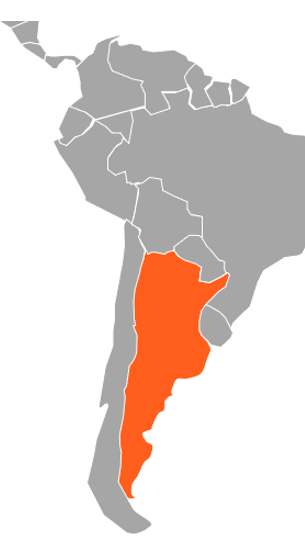 Argentina
Argentina
The Ministry of Education of the City of Buenos Aires is our project collaborator in Argentina. As an autonomous district, the ministry team is responsible for the education of almost 470,000 children and oversees an education system that provides schooling from preschool through grade 12 (the end of secondary school). The city has 3 million residents, but with the greater metropolitan area, has 15.2 million people.
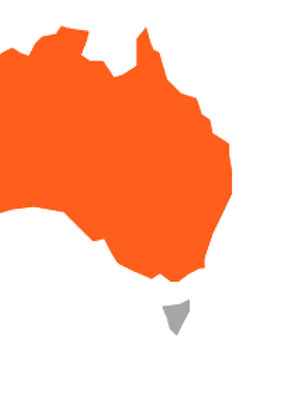 Australia
Australia
We have two project collaborators in Australia that work closely together to improve education in the province of South Australia. The first collaborator is the Association of Independent Schools of South Australia, which runs a network of over 100 nongovernment independent schools that span reception through year 12 (the end of secondary school). The second collaborator is Learning Creates Australia, a national initiative dedicated to addressing systemic education challenges.
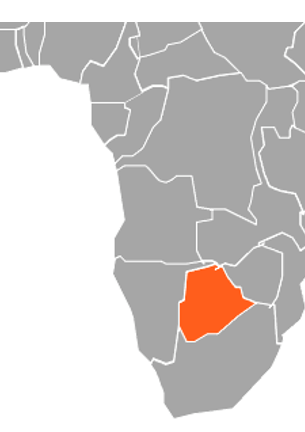 Botswana
Botswana
The nonprofit organization Young 1ove is our collaborator in Botswana, a country of 2.3 million people where almost 85 percent of the population lives in rural areas. Working across government schools, Young 1ove supports innovative pedagogical approaches related to numeracy and is also a Real-Time Scaling Lab partner in CUE’s ongoing scaling in education initiative.
Canada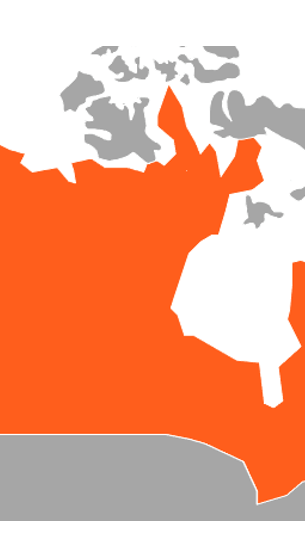
We have several project collaborators working together to improve education in Western Canada, a region that has 4.6 million people and covers diverse topographies. Collaborators come from seven school districts that provide schooling from kindergarten through grade 12 (the final year of secondary school) across the province of British Columbia. They are part of the Networks of Inquiry and Indigenous Education, a voluntary network of inquiry-based schools.
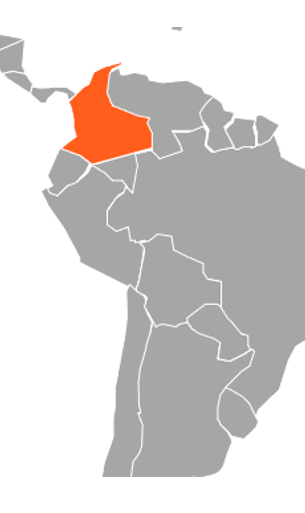 Colombia
Colombia
The Ministry of Education is our project collaborator in Colombia, a country of almost 50 million people. The minister and her team oversee education for 10 million children, providing schooling from preschool through grade 11 (the final year of secondary school), although compulsory schooling is through grade 9.
Ghana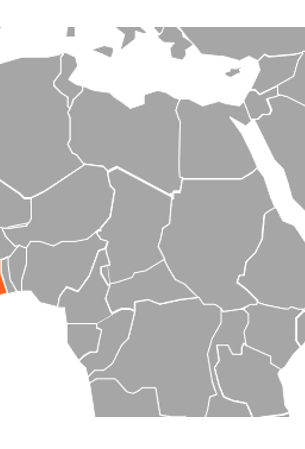
We have three project collaborators in Ghana, a country of over 30 million people. We are working with the Ministry of Education, which serves over 10 million students from preschool through grade 12, Lively Minds, a nongovernmental organization working on parent engagement in early learning in rural communities, and Right to Play, a nongovernmental organization working on play-based learning across the country.
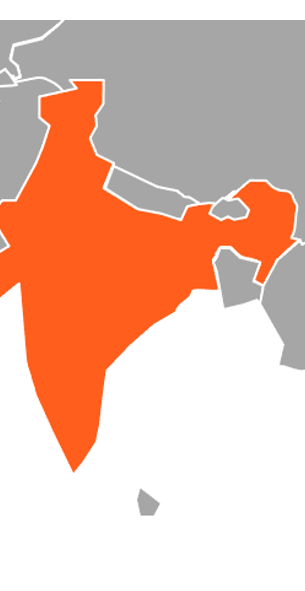 India
India
In India, we are working with two sets of project collaborators: one in the northern Indian state of Himachal Pradesh, which is home to almost 7 million people across rugged terrain, and the second in Maharashtra, a large state in western India with over 112 million people. In Himachal Pradesh, we are working with the Department of Education, which provides pre-primary through year 12 schooling to 1.4 million children and with close partners of the Department, including the Michael & Susan Dell Foundation and Samagra. In Maharashtra, our project collaborators are the nongovernmental organization Leadership for Equity, a systems change research organization dedicated to improving public education in India, and Ministry of Education leaders delivering schooling from junior kindergarten through year 12 in three districts across the state: Pune Municipal Corporation, Pune District, and Nashik District.
South Africa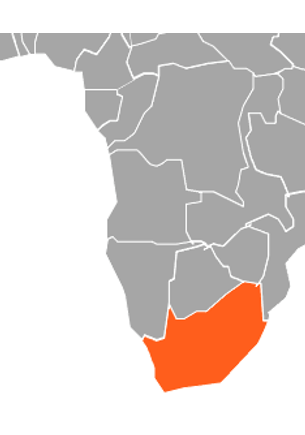
In South Africa we are working with the Department of Education of the province of the Western Cape, home to 6.3 people, which provides schooling to over 1 million children from reception through 12.
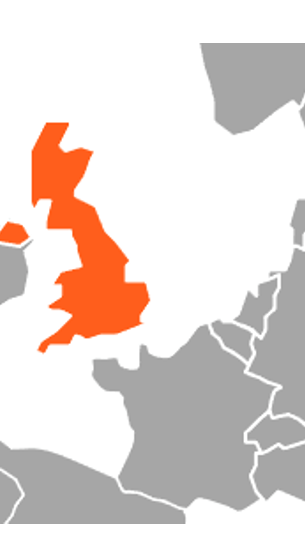 United Kingdom
United Kingdom
In the United Kingdom, we are working with two project collaborators. The first is the Doncaster Metropolitan Borough Council in Northern England that provides schooling to 47,000 students from reception to year 13, and the second is Parent Kind, the leading membership organization for parent teacher associations across England, Wales, and Northern Ireland.
United States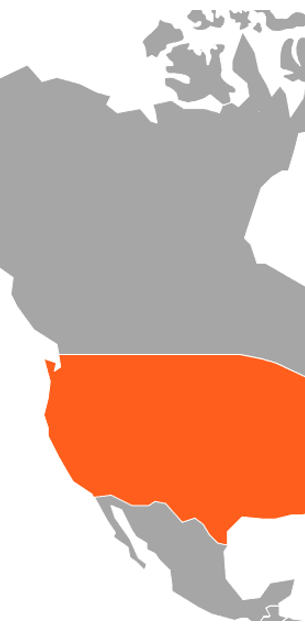
In the United States, we are working closely with three sets of collaborators across the states of California, Indiana, and Pennsylvania. In southern California, our collaborator is the Cajon Valley Unified School District that serves over 17,000 children from kindergarten through grade 8. In Indiana, we work with the Metropolitan School District of Wayne Township, which provides schooling from preschool to grade 12 to over 16,000 children. In Pennsylvania, we work with a cohort of 13 school districts in the greater Pittsburgh region serving over 16,000 children from preschool through grade 12, as well as a close philanthropic collaborator of the districts, the Grable Foundation, dedicated to supporting children and youth in southwestern Pennsylvania.
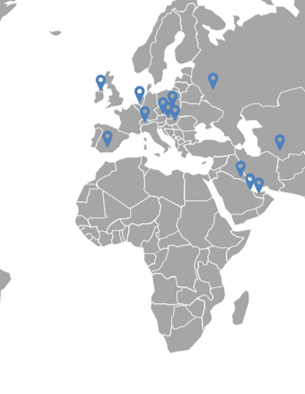 Nord Anglia Education
Nord Anglia Education
Our final project collaborator, the Nord Anglia Education network of private schools, spans 29 countries. The network provides early learning from age 2 through grade 12 to 17,500 children through its 66 schools across North, Central, and South America, Europe, the Middle East, and Asia.
To download the PDF, please click here.
The Brookings Institution is committed to quality, independence, and impact.
We are supported by a diverse array of funders. In line with our values and policies, each Brookings publication represents the sole views of its author(s).

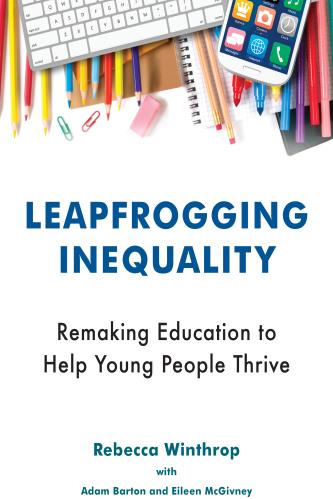

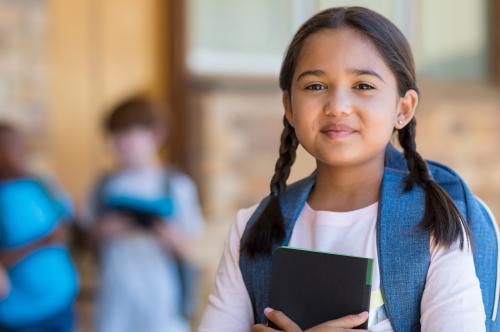

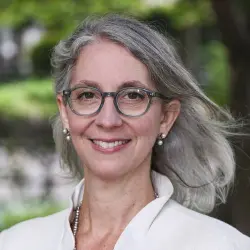

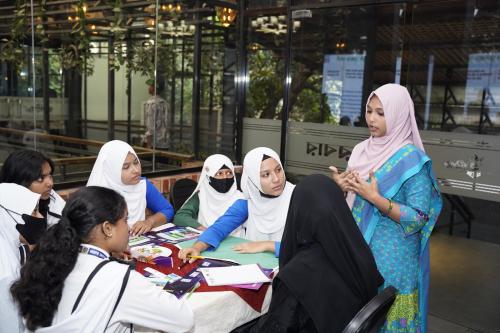

Commentary
Parents, education, and cross-border sharing: Introducing our Family Engagement in Education project collaborators
October 30, 2020